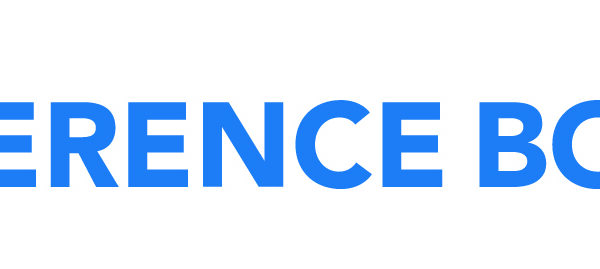New legislation in Colorado, effective from August 6, 2025, introduces significant changes aimed at enhancing residents’ rights and addressing long-standing issues. Key regulations focus on preventing the misuse of AI-generated images, improving conditions for renters, and securing better healthcare access, among other initiatives.
One of the most notable laws is Senate Bill 288, which allows Coloradans to initiate lawsuits against individuals who release or threaten to release intimate, AI-generated images without consent. This legislation aims to combat the rising phenomenon of “fake revenge porn,” empowering victims to seek damages of up to $150,000 if they can prove emotional distress from the unauthorized image.
Additionally, the new laws will provide protection against unscrupulous landlords. Senate Bill 20 grants authority to cities and counties to take control of persistently neglected apartment buildings. This includes demonstrating to a judge that a landlord has failed to address severe health and safety concerns, such as infestations and unsanitary conditions. These measures respond to ongoing complaints about properties managed by CBZ Management in Aurora and Denver, where residents reported alarming living conditions.
Another significant legislation is aimed at regulating the 340B Federal Drug Pricing program, a crucial initiative that allows nonprofit hospitals to purchase prescription drugs at discounted rates. Senate Bill 71 prevents pharmaceutical companies from imposing restrictions on this program, ensuring that hospitals can continue to serve their communities effectively. This law also places limits on how hospitals can utilize the proceeds from the program, disallowing their use for taxes, advertising, or lobbying.
Additional Key Legislation
The new laws also encompass measures related to energy and environmental safety. House Bill 1040 officially recognizes nuclear energy as a clean energy source, allowing it to qualify for state grants. While this does not immediately lead to the construction of new nuclear facilities, it opens avenues for Colorado to expand its energy options in the future.
In a move to protect veterans, Senate Bill 282 caps the fees that companies can charge for assisting veterans in filing disability claims with the U.S. Department of Veterans Affairs. The legislation limits these fees to a maximum of $9,200 or 25% of the benefits received, addressing concerns about exploitative practices that have emerged over the years.
Another reform, House Bill 1315, updates the process for filling legislative vacancies. This new law mandates that appointees through vacancy committees serve no more than one legislative session before facing an election. This change is designed to ensure that newly appointed legislators are accountable to voters in a timely manner.
As Colorado moves forward with these new laws, the aim is to enhance the quality of life for its residents while addressing pressing social issues. The comprehensive nature of these regulations reflects a commitment to creating a safer, more equitable environment for all Coloradans.



































































